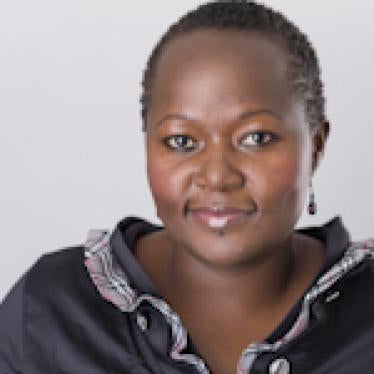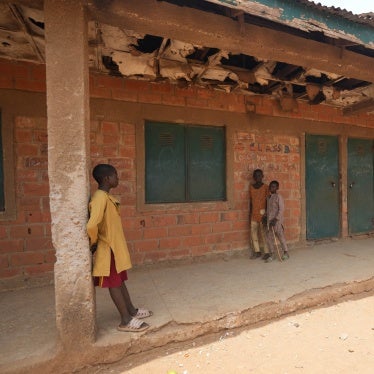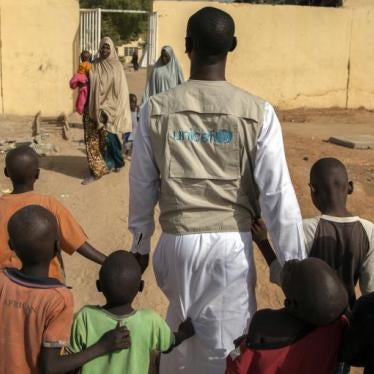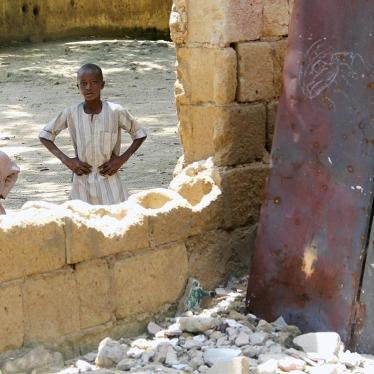The mass abduction by Islamic militants of Nigerian school girls in April sparked protests by parents demanding “Find our Daughters.” A social media campaign, organized around the hashtag #BringBackOurGirls, demanded government action.
Some of the girls abducted in recent months by Boko Haram, and very likely many of those taken from Chibok, have been forced into marriage by the militants.
Sadly, in this they are not alone. Every day, approximately 39,000 girls are married worldwide.
While the Nigerian situation is extreme, forcing any girl into marriage – whether by a family or by an armed group like Boko Haram – causes her untold suffering and long-lasting harm. In Africa alone, according to the United Nations Population Fund, approximately two out of five girls marry or enter into union before they reach 18, often in circumstances that amount to forced marriage, and always in violation of their human rights.
Many of these girls are sexually abused, beaten by their husbands and in-laws, confined in their homes, forced into pregnancy, exposed to serious reproductive health risks, and denied an education.
Some girls believe forced marriage is a fate worse than death. In October 2010, a primary school girl in South Sudan’s Wulu County killed herself with a gunshot to the head after her parents forced her to marry. I heard many stories as I interviewed people in South Sudan of girls who committed suicide rather than marry an older man they did not know, or love.
“My sister says she might kill herself,” Agata N. told me about her sister, whose father forced her to marry a boy who had made her pregnant.
“Rachel B., 15, loved studying, and was resisting a forced marriage despite severe beatings from her family. “On the third day I escaped and returned home,” she told me about her escape from forced marriage in South Sudan. “I told them that I would kill myself if I had to go [with the man].” She told police about the abuse, but they did nothing to protect her. She sought refuge at a children’s shelter, but her family showed up, armed, and took her away. I don’t know what happened to her or where she is today.
The government of Nigeria urgently needs a strategy for finding the girls abducted by Boko Haram, and for preventing further abductions. It should also address the medical and psychosocial needs of the girls upon their return, as well as the needs of other girls previously abducted. My heart goes out to their parents, relatives, and friends.
As the world stands in solidarity with the Nigerian families, let’s consider the plight of child brides around the world. Today, on the Day of the African Child, let’s all stand in solidarity with them by calling on our families, communities, and governments to end the harmful practice of child and forced marriage.








